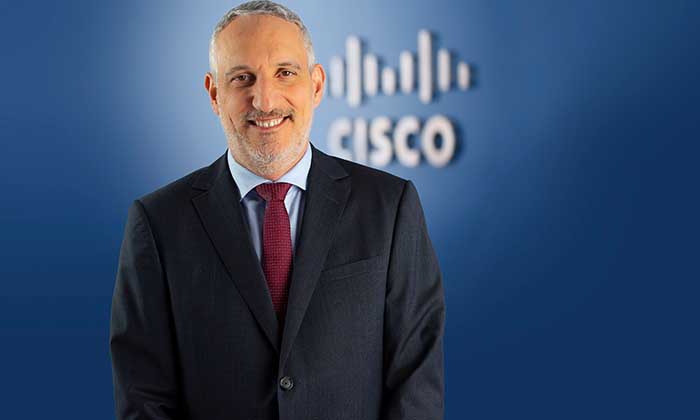By Mohammed Mosam, Director: Product Marketing at Sage Africa and Middle East

Mohammed Mosam, Director: Product Marketing at Sage Africa and Middle East
Just 20 years ago, people relied on paper-based maps and radio traffic reports to make their way to a destination. Today, it’s as simple as typing an address into a smartphone while seeing and listening to the directions. Rather than planning your route ahead of time, you can generally rely on technology to get you there with minimal stress.
That’s just one example of how digital technology has made our daily lives better. You would be hard-pressed to find anyone who prefers using a road atlas to get around. However, when the subject of digital transformation in work settings comes up, the question often raised is whether it will take humanity out of the customer experience or displace people’s jobs.
These perceptions are not helped by the reality that many companies have used technology as a blunt tool for cost reduction in the past. However, leading businesses are starting to take a more strategic look at how they implement digital technology. There is a growing realisation that the fundamental point of digital transformation is to improve the human experience.
This is a topic with which many finance departments are grappling. Their businesses are far from reaching digital saturation, with scope across the enterprise to use digital technologies to create better customer and employee experiences. The rest of the C-suite is asking the CFO to step up as a strategic partner and use technology to transform the business.
Although finance leaders aspire to play a broader role in setting strategy and driving digital transformation, some find themselves mired in routine compliance and administrative tasks. According to the Chartered Institute of Management Accountants (CIMA), finance departments can spend as much as 25% of their resources overseeing controls and 50% on transaction processing. That leaves only 25% of the finance function available for organisational strategy.
From capturing transactions to envisioning the future
In effect, all too many finance teams are navigating their businesses with the equivalent of a static paper map. What they want instead is to have a GPS that helps them find their destination quickly and easily, with real-time updates about how conditions are changing.
This is why we’re seeing more CFOs embrace digital technology as a means of streamlining their own processes and gaining visibility into the business. By automating routine transaction processing, controls and reporting with cloud-based business management software, they can free up the time they once spent capturing data and generating reports. Digital transformation of finance can therefore become jet fuel for the transformation of the wider business.
With the growing maturity of technologies such as artificial intelligence, machine learning and predictive analytics, CFOs can go beyond real-time visibility towards using data to predict the future. These tools can help them uncover hidden opportunities, close information gaps and, ultimately, spend more of their time thinking about the future destination of the business, including its digital roadmap.
Benefits:
Instead of spending 25% of their time on organisational strategy, they could potentially spend 50% or more. They will have more time for critical analysis and innovation to uncover growth opportunities with the insight they need. As they use technology to create a vision of the future and chart the course to get there, CFOs will play a key role in their company’s digital journey.
About Sage:
Sage is the global market leader for technology that provides small and medium businesses with the visibility, flexibility and efficiency to manage finances, operations and people. With our partners, Sage is trusted by millions of customers worldwide to deliver the best cloud technology and support. Our years of experience mean that our colleagues and partners understand how to serve our customers and communities through the good, and more challenging times. We are here to help, with practical advice, solutions, expertise and insight.















